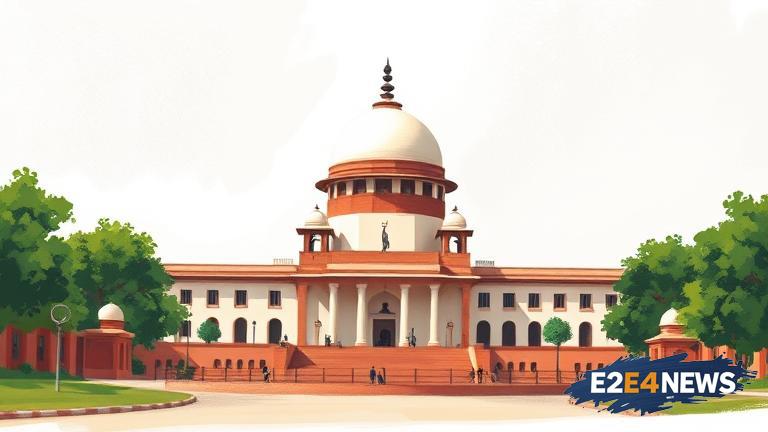The Delhi High Court has made a significant ruling regarding the Goods and Services Tax (GST) refund for traders with cancelled registrations. According to the court, a trader is not eligible to receive a GST refund until their cancelled registration is restored. This decision is expected to have far-reaching implications for businesses operating in India. The court’s ruling is based on the premise that a cancelled registration is not considered a valid registration, and therefore, the trader is not entitled to a refund. The GST Act and Rules do not provide for the refund of tax to a person whose registration has been cancelled. The court noted that the cancellation of registration is a serious issue and the trader must take steps to restore their registration before seeking a refund. The trader had argued that the cancellation of their registration was unjustified and that they were entitled to a refund. However, the court rejected this argument, stating that the trader had failed to follow the proper procedure for restoring their registration. The court’s decision is a significant setback for traders who have had their registrations cancelled and are seeking a GST refund. The ruling highlights the importance of maintaining a valid registration and following the proper procedures for restoring a cancelled registration. The GST Council had introduced the concept of cancellation of registration to prevent tax evasion and ensure compliance with the GST Act and Rules. The cancellation of registration can be initiated by the tax authorities or the trader themselves. The trader can apply for the restoration of their registration, but this is subject to certain conditions and procedures. The court’s ruling is expected to lead to a significant increase in the number of traders seeking to restore their cancelled registrations. The GST refund process is complex and involves several stages, including the filing of a refund application, verification of the application, and processing of the refund. The court’s decision is likely to lead to delays in the refund process, as traders will need to restore their registrations before seeking a refund. The ruling is also expected to lead to an increase in litigation, as traders challenge the cancellation of their registrations and seek refunds. The GST Act and Rules provide for the refund of tax in certain circumstances, including the export of goods or services, and the supply of goods or services to a Special Economic Zone (SEZ). However, the court’s ruling makes it clear that a cancelled registration is a bar to seeking a refund. The trader can appeal the court’s decision, but this is likely to be a lengthy and costly process. The GST refund process is an important aspect of the GST regime, as it allows traders to claim a refund of excess tax paid. The court’s ruling highlights the need for traders to maintain accurate records and follow the proper procedures for seeking a refund. The GST Council has introduced several measures to simplify the refund process, including the introduction of a single refund form and the reduction of the time limit for processing refunds. However, the court’s ruling is likely to lead to delays and complications in the refund process. The ruling is a significant development in the GST regime and is expected to have far-reaching implications for traders and tax authorities. The court’s decision is a reminder of the importance of compliance with the GST Act and Rules, and the need for traders to maintain accurate records and follow the proper procedures. The GST refund process is an important aspect of the GST regime, and the court’s ruling highlights the need for traders to be aware of the rules and procedures governing the refund process.





